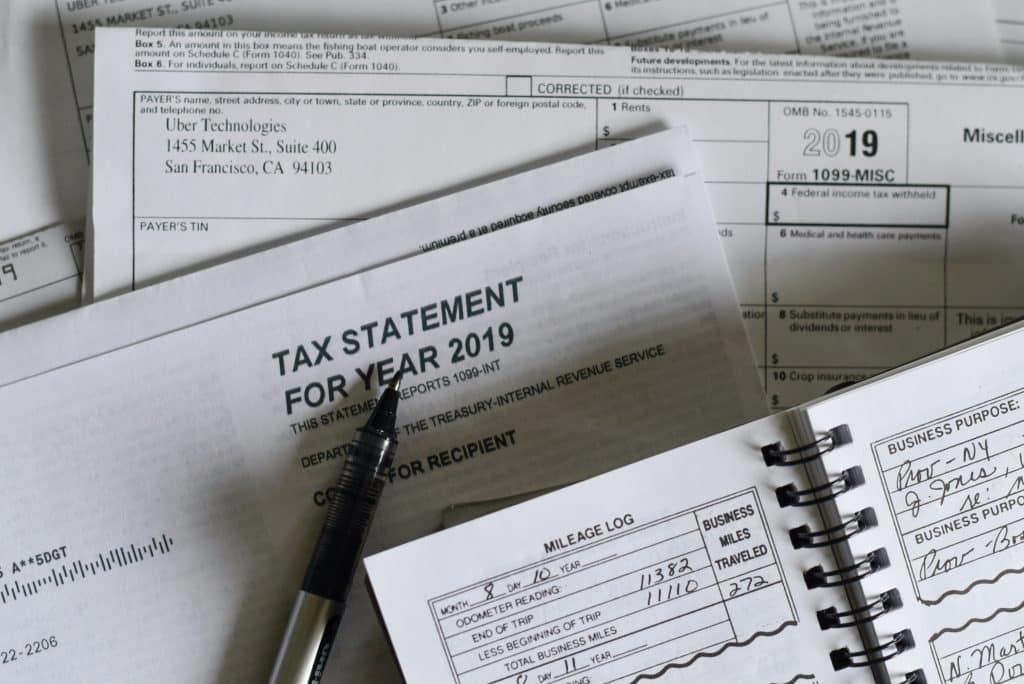Whether you intend to renovate your home, expand your business, or meet other personal or professional expenses, knowing how to get tax benefits on loan against property in the UK will be beneficial.
Moreover, this type of loan offers an additional advantage when it comes to tax benefits, which can significantly reduce your overall tax liability. In this article, we will explore how you can maximize tax benefits on loan against property in the UK.
Understanding Loan Against Property (LAP)
Before delving into tax benefits, let’s briefly understand what a loan against property entails. Also known as a mortgage loan or property-backed loan, LAP allows you to borrow money against the value of your residential or commercial property. The lender holds the property as collateral until you repay the loan along with the applicable interest.
Interest Payments on LAP
The interest paid on a business loan against property can be claimed as a tax benefit under certain circumstances. If you are using the loan amount for business purposes, including business expansion or investment, the interest paid on the loan is tax-deductible as a business expense.
However, if the loan is used for personal reasons, such as home renovation or education expenses, the interest payment may not be eligible for tax deductions.
Tax Benefits for Business Purposes
When the loan against property is taken for business purposes, you can claim the interest paid as a business expense. This deduction reduces your taxable business income, thereby decreasing your overall tax liability.
To claim this benefit, ensure that you have proper documentation to support the business nature of the loan. Keep records of how the loan amount was utilized for business investments or expenses to validate your claim during tax filing.
Utilizing LAP for Property Investment
Another effective way to avail tax benefits on a loan against property is by utilizing the funds for property investments. If the loan amount is invested in acquiring a new property or expanding an existing property portfolio, the interest paid on the loan can be treated as an allowable expense against rental income.
This strategy can significantly reduce the taxable rental income and, consequently, lower your tax burden.
Tax Deductions on Repayment of LAP
While the interest on a loan against property offers tax benefits, the principal amount repayment does not directly provide any tax deduction.
However, if the loan amount is used for business purposes, the principal repayment can be treated as a business expense over time, reducing your taxable business profits in subsequent financial years.
Claiming Capital Gains Tax Relief
In certain cases, individuals may face capital gains tax (CGT) implications when selling property. However, if you have used the loan against property for property investments, you may be eligible for CGT relief.
This relief is known as “rollover relief,” where the capital gains from the sale of one property can be deferred if the proceeds are reinvested in another property within a specific timeframe. This can be an effective strategy to defer tax liabilities and enhance your property portfolio.
Seek Professional Advice
While loan against property tax benefits can be advantageous, the UK’s tax laws can be complex and subject to change.
It is essential to seek advice from a qualified tax advisor or financial expert who can provide personalized guidance based on your specific financial situation and goals. Professional advice can help you optimize your tax planning and ensure compliance with the latest tax regulations.
Conclusion
A loan against property can be a valuable financial tool for leveraging your property’s value to meet various personal and business needs.
By understanding and strategizing around the tax benefits associated with LAP, you can further enhance its advantages.
Remember to use the loan amount for business purposes or property investments to make the most of the tax deductions on the interest paid. Additionally, always seek professional advice to ensure you are maximizing your tax benefits while remaining compliant with the tax laws. With careful planning and sound financial decisions, a loan against property can not only fulfill your financial requirements but also offer valuable tax savings in the UK.


